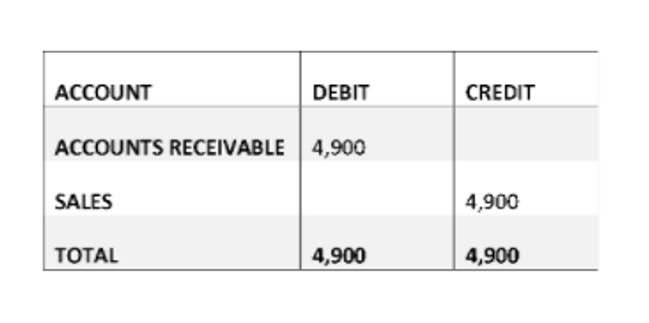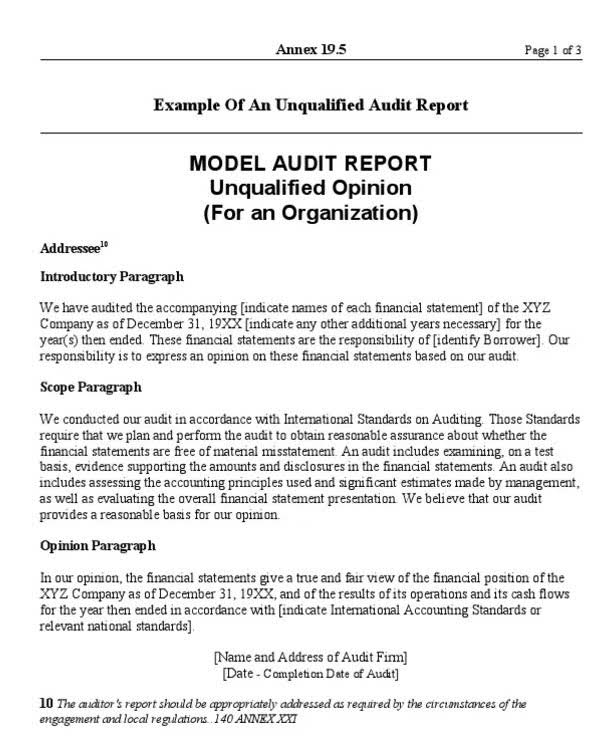
You may also have to assist with benefits administration if your workers’s unions offer insurance to members. In this method, the company and client agree to a set price to be paid for the entire project based on the company’s estimate. The fixed price method has pros and cons—on one hand, it allows the customer to see the entire price of their project upfront, which can make it easier to make a deal. On the other hand, the company is obligated to complete the project at this price regardless of the expenses they actually incur. The completed contract method is generally reserved for smaller projects, such as home construction. The completed contract method is not compliant with the Generally Accepted Accounting Principles (GAAP), which means it isn’t suitable for all companies and projects.
What is Bookkeeping for Construction Projects?
- Each distinct repeatable aspect of a project is assigned a fixed price (a fixed cost unit), and contractors bill each unit separately.
- Mixing business and personal funds can lead to errors in financial reporting and tax filing.
- It’s a normal part of construction, but it adds more complexity to your bookkeeping.
- Business owners can significantly simplify and streamline construction bookkeeping by automating receipt management, organizing expenses, and integrating with accounting software.
These statements try to address the complexities that are prevalant in construction operations and give stakeholders access to accurate, and actionable financial information. All the factors above make predicting profitability extremely difficult in construction projects. Each project brings about its own set of challenges, while change orders, and fluctuating expenses can further complicate this bookkeeping for construction picture.

What are the essential components of proper job setup and maintenance in construction projects?
Unlock the keys to your success with financial projections and prepare for the future with cash flow management assistance from Rooks Bookkeeping. With so many variables and every project being different, hiring a professional with industry experience for your bookkeeping and accounting services can significantly relieve many small business owners. So, when bidding on construction projects, each cost must be carefully examined by checking current market prices to win the bid. The construction industry is subject to economic, political, weather, and seasonal fluctuations. By addressing these challenges proactively, construction companies can streamline their bookkeeping processes and focus more net sales on delivering successful projects. Construction payroll is more complex than in many other industries, as it involves tracking multiple workers, contractors, and varying pay rates.
Frequently Asked Questions About Construction Accounting 101
- Entering the world of construction bookkeeping might seem daunting, but with the right tools and understanding, it’s a manageable and crucial aspect of running a successful contracting business.
- Construction businesses record their revenues based on the accounting method that they use.
- This will make it easy for you to send invoices online, track expenses, monitor payment status, generate financial reports, and more.
- Keeping track of what is happening in your account can prevent you from being overdrawn, and identify any discrepancies in spending.
- We will not just provide you with theoretical knowledge, but walk you through the unique aspects of construction bookkeeping and give you practical tips that you can start using right away to make it easier.
- Segregation of duties means that different employees are responsible for different aspects of the bookkeeping process.
Job profitability reports provide a clear view of a project’s financial performance,… Construction businesses record their revenues based on the accounting method that they use. For example, a company using the accrual method will note revenues based on billed payments even if they have not actually received payment. A balance sheet is an overview of a company’s finances, including assets, liabilities, and equity. By understanding and effectively managing retainage alongside your overall cash flow, you can mitigate its impact and maintain a healthier financial position throughout your projects.
- Direct costs in construction accounting are the expenses that can be directly traced to a specific job.
- Proper job setup and maintenance are critical to the success of any construction project.
- However, the nature of construction companies makes how these businesses recognize revenue more complicated.
- Here are six aspects of the industry that make effective construction bookkeeping vital.
- Professional bookkeeping provides detailed tracking of costs and revenues, enabling more accurate budgeting and financial forecasting.
- Professional bookkeepers ensure compliance with tax regulations, minimizing the risk of penalties or audits.
- Additionally, since projects are often large and one-off, project leaders must get the numbers right from the start.
Importance of Efficient Bookkeeping in the Construction Industry
A construction bookkeeper manages financial records, tracks job costs, processes payroll, handles invoicing, and ensures tax compliance. They provide accurate financial reports, help manage cash flow, and analyze project profitability. Their expertise ensures that construction companies stay organized, avoid costly mistakes, and make informed business decisions. Managing finances in a construction company requires more than just basic accounting. With multiple projects, subcontractors, equipment costs, and fluctuating cash flows, proper bookkeeping is critical.
Stay updated with Fyle by signing up for our newsletter
To stay on top of cash flow and keep your books in check, you will need a flexible yet organized construction accounting system. Construction accounting is a specific type of accounting focused on the needs of the construction industry. It factors in the costing structures, timelines, and contracts that make up the construction world, helping construction companies track their finances from project to project. Many times, construction businesses are juggling many projects in various locations. Use time-tracking software or detailed timesheets to ensure accurate allocation of labor costs to each project.

There’s also the option of emailing digital receipts to an Expensify email address to https://arsen-band.de/2021/05/the-best-accounting-software-for-consultants-bench/ import expenses that way. However, there’s still no software available that can automate the entire bookkeeping process. Revenue recognition is the process of officially recording how and when your business generates revenue. The simplest way to account for retainage is to include two sets of information on your invoices. As we mentioned earlier, contract retainage can account for 5 to 10 percent of your contract value. This helps you get a better idea of how much money is coming in and going out of your business every month.

Introduction to Construction Accounting

These are essentially government-defined minimum wages for various jobs based on surveys of pay for similar work in nearby areas. The cash method is used by smaller construction companies that have average gross receipts of $25 million or less. To elaborate further, the following are industry-specific factors that make it imperative to have good construction bookkeeping.
WIP Reports: Keeping a Pulse on Your Project Status
Construction bookkeeping considers all the variables specific to the construction industry, so bookkeeping and financials are accurate. Better bookkeeping equals a better construction company which means more money in your pocket. Since many construction companies charge per project, pricing can vary in the same categories from one project to another due to market fluctuations.
